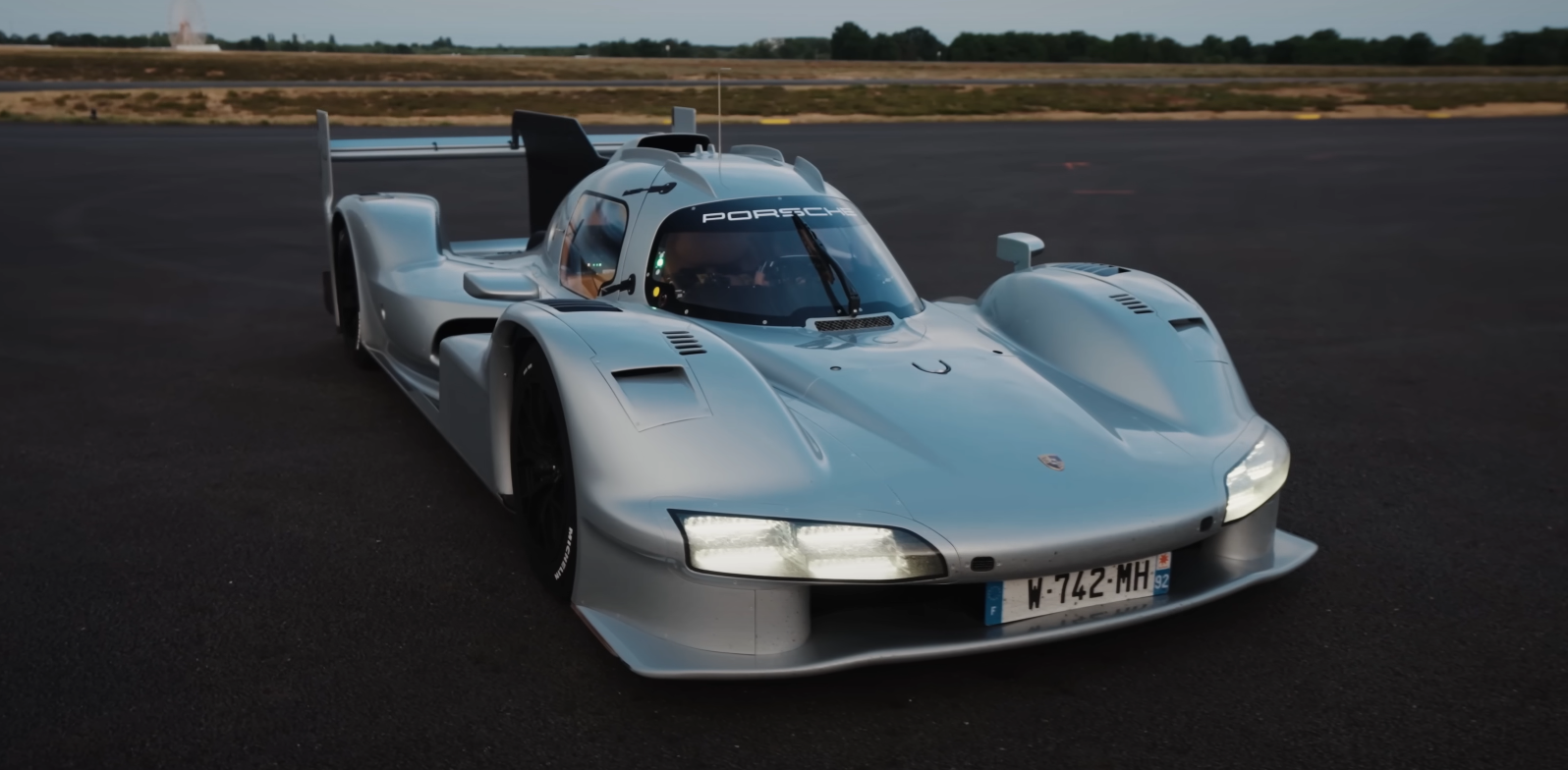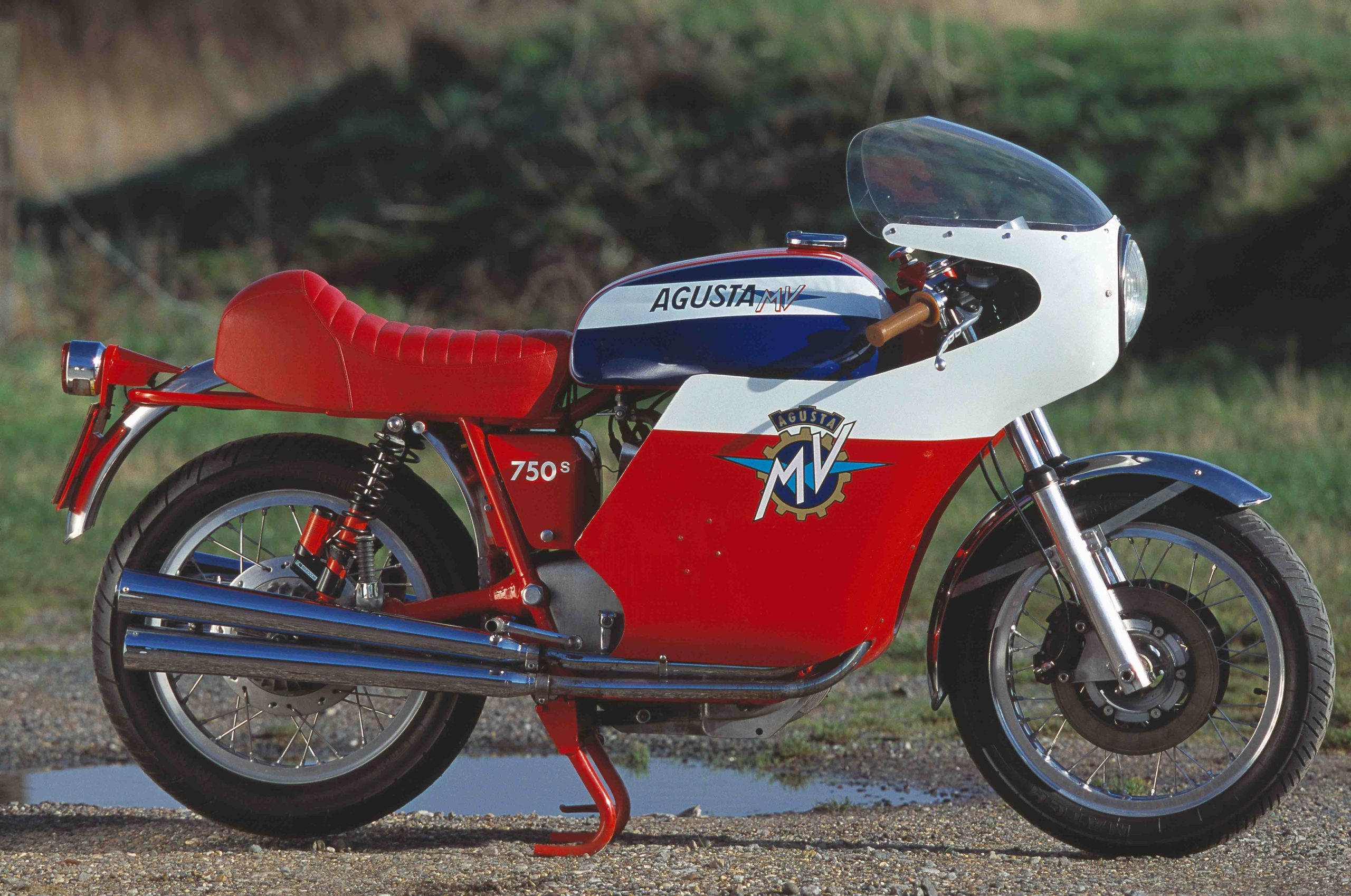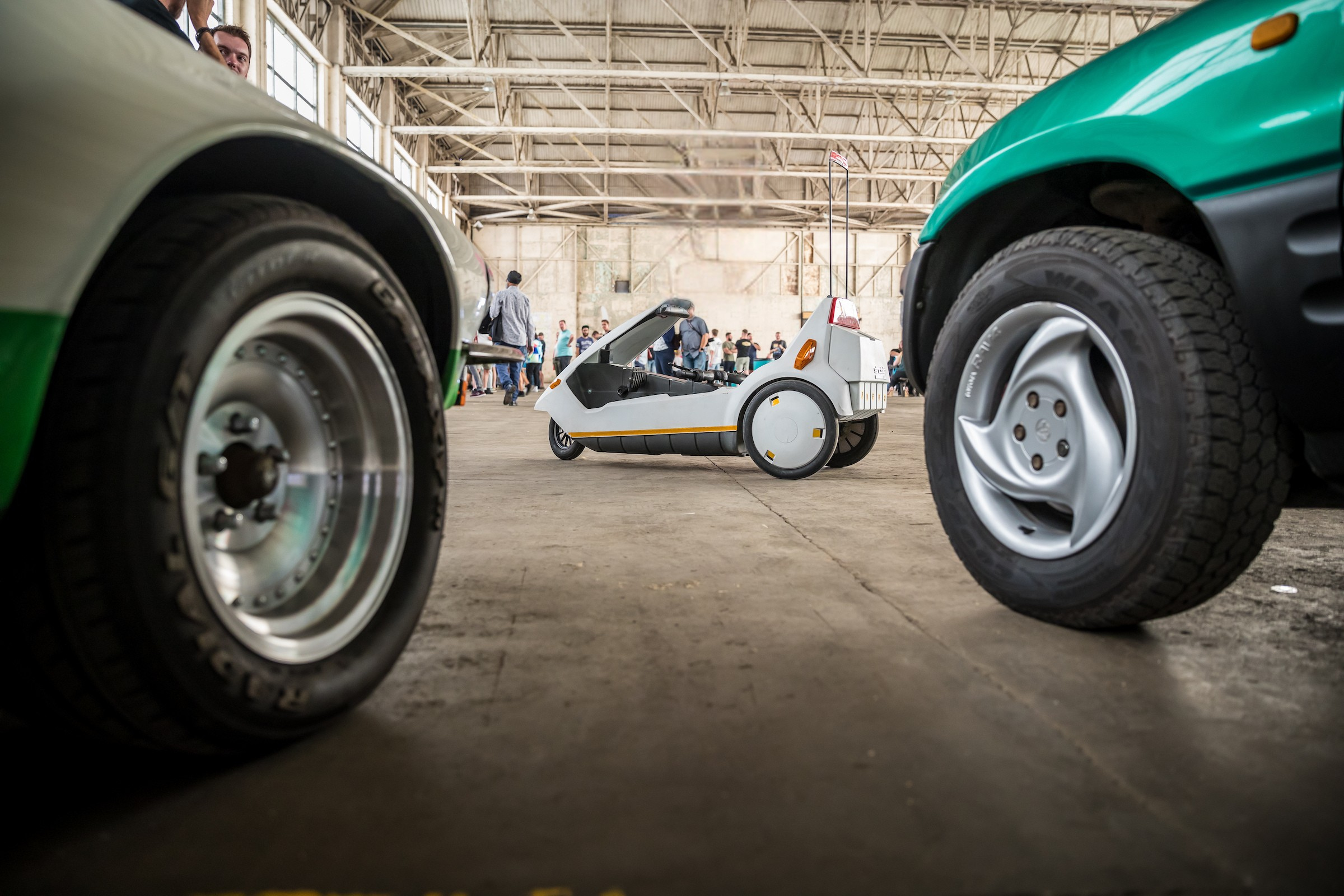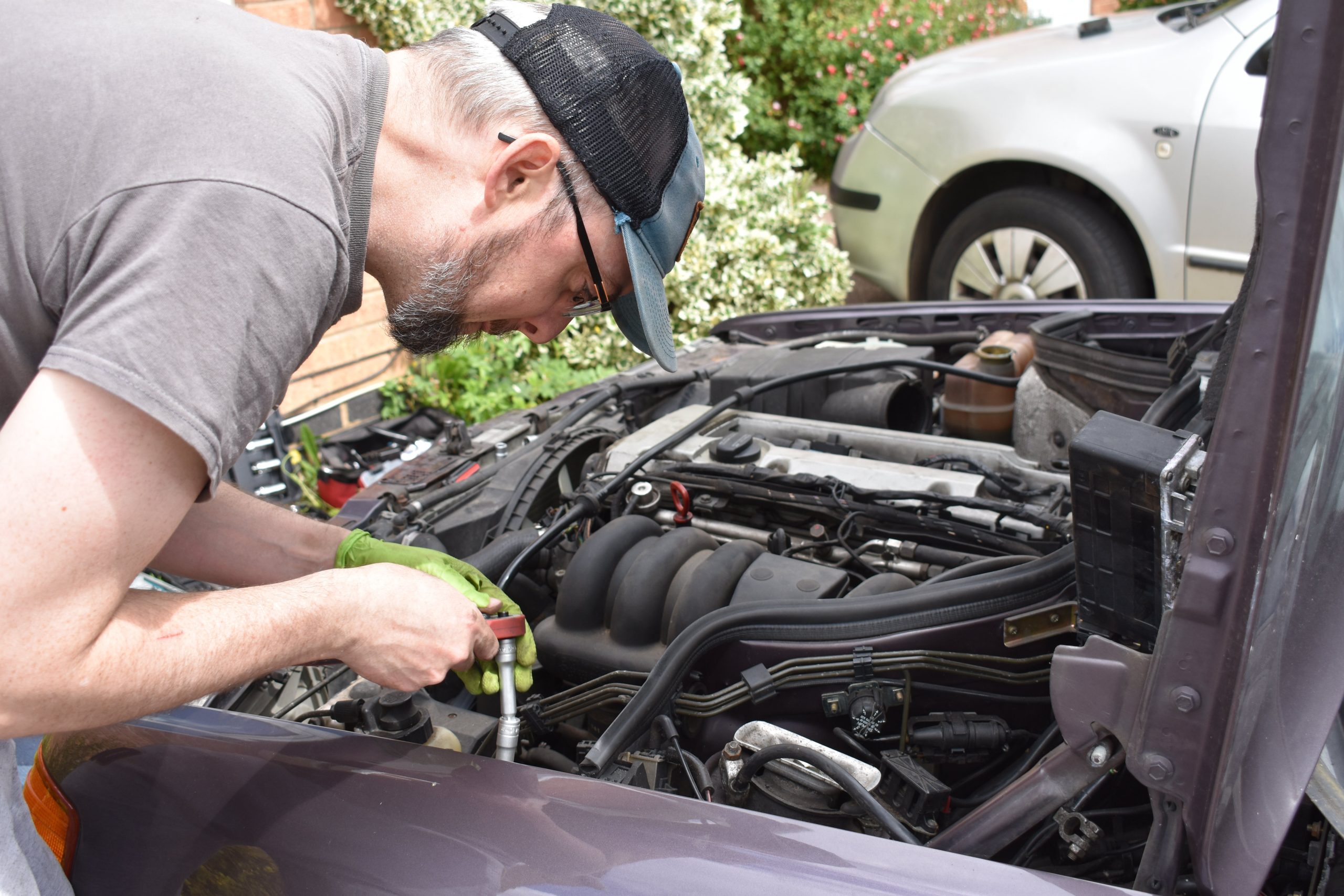Porsche has become a growing proponent in the world of synthetic fuels or e-fuels in recent years, and is doubling down on that commitment as it invests in a leading global producer of the fuels.
Also known as synthetic fuels, e-fuels are designed to side-step the carbon footprint of conventional fossil fuel.

While they’re chemically similar to conventional oil-based fuel, their hydrocarbon chains are developed synthetically using hydrogen from water and carbon from the air – in other words, without tapping into finite resources of fossil fuels and their associated environmental cost.
While burning e-fuels in a combustion engine still produces pollutants and releases CO2, the fuel is considered closer to carbon-neutral, since it uses carbon previously extracted from the atmosphere, rather than carbon sequestered in the ground over millions of years.
It also serves as a direct replacement for conventional fuel. That means that even as new vehicles transition towards low-emission technologies like electric power and the industry moves away from fossil fuel production, older vehicles could still be run on e-fuels.
The unknown quantity right now is whether such fuels could be produced in large enough quantities to be both accessible and affordable, but that’s where the efforts of companies like Porsche come in.
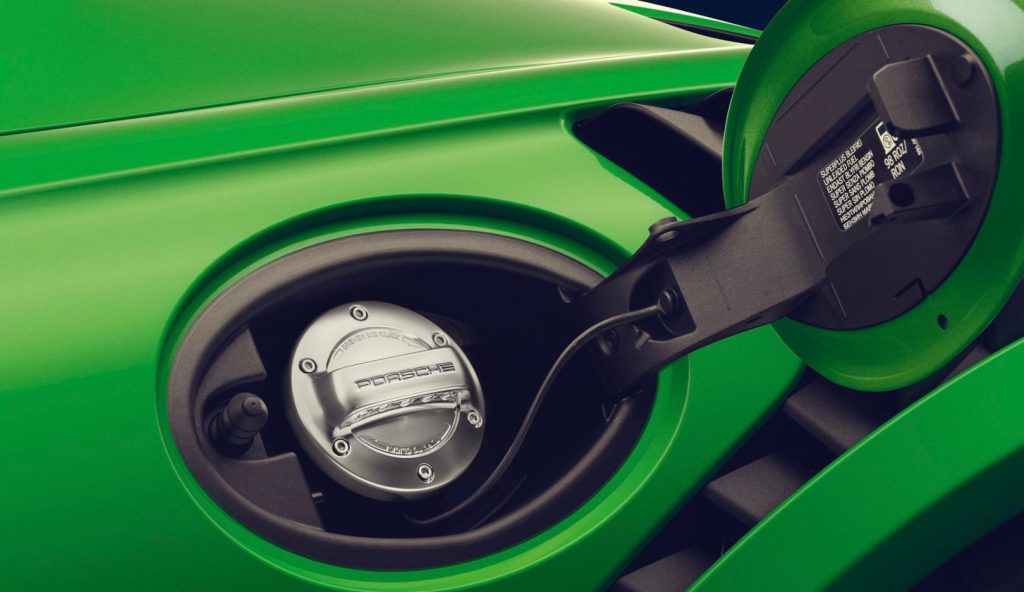
The Stuttgart firm has announced a $75 million (£57 million) investment in HIF Global, a Chile-based company currently constructing the Haru Oni e-fuel pilot plant in Punta Arenas, Chile.
The plant will use wind energy to generate the power required to create e-fuels from hydrogen and CO2. It’s expected to be up and running by mid-2022, while HIF Global also has plans to open similar plants in the US and Australia, also run on renewable energy.
Shipping and aviation are also expected to benefit from e-fuels, since neither can be easily operated using existing battery-electric technologies. The chemical industry too will benefit from fuels like e-methanol, which could replace current fossil fuel use. In other words, there are stakeholders far beyond the world of car and motorcycle enthusiasts who have a vested interest in its viability.
Porsche has previously admitted that cost is currently an issue; as of November 2020, it was as high as £7.60 per litre.
But the company aimed to get it below £1.50 a litre, and given recent prices, that no longer sounds so bad at all. As e-fuels could be produced anywhere with sufficient renewable energy resources, reliance on a small number of economies, and the volatility that results, could be a thing of the past.
Read more
F1’s switch to synthetic fuel in 2025 could safeguard the classic car scene
Government minister seeks to reassure classic car drivers and wider industry
Porsche says return to F1 “of great interest” if synthetic fuels are used

